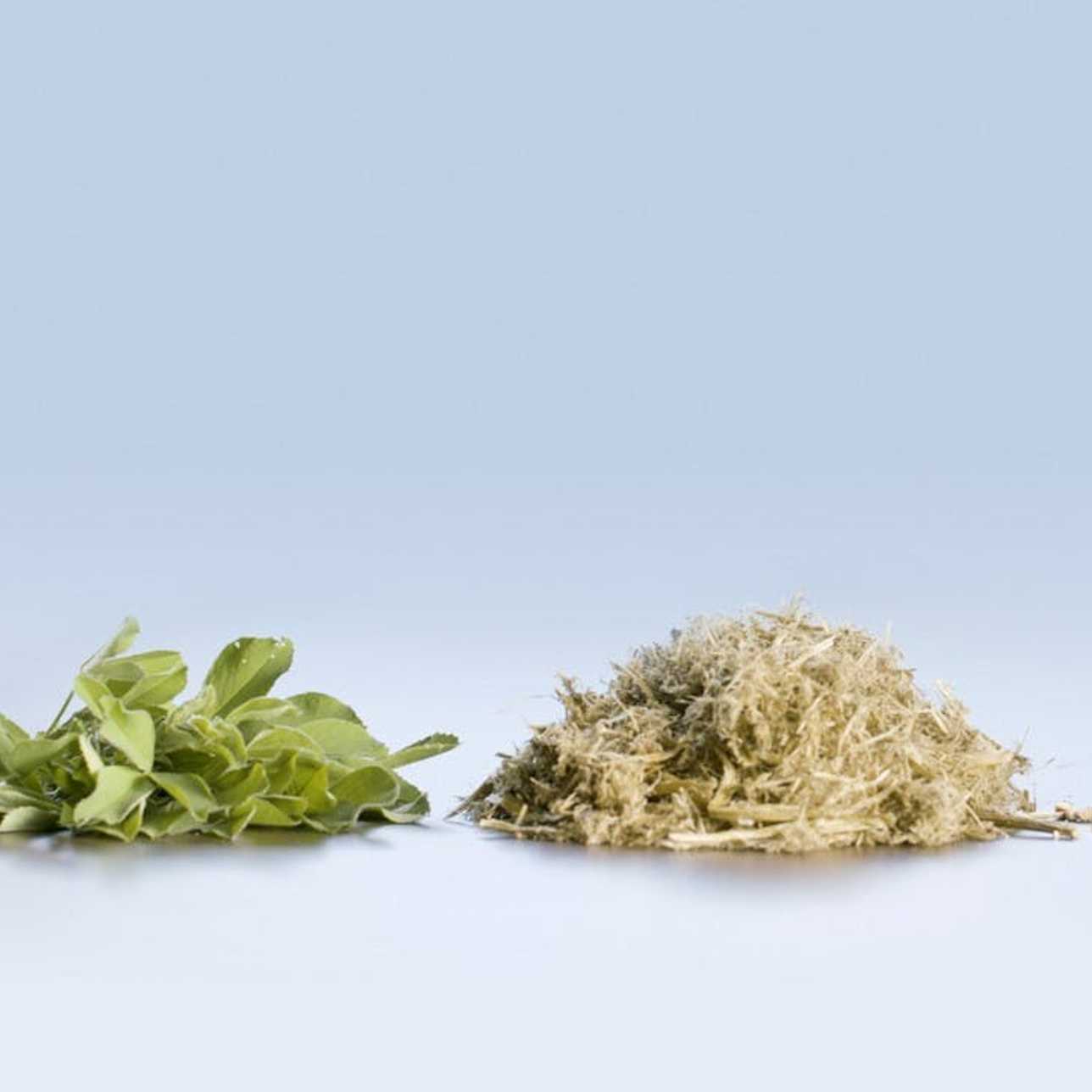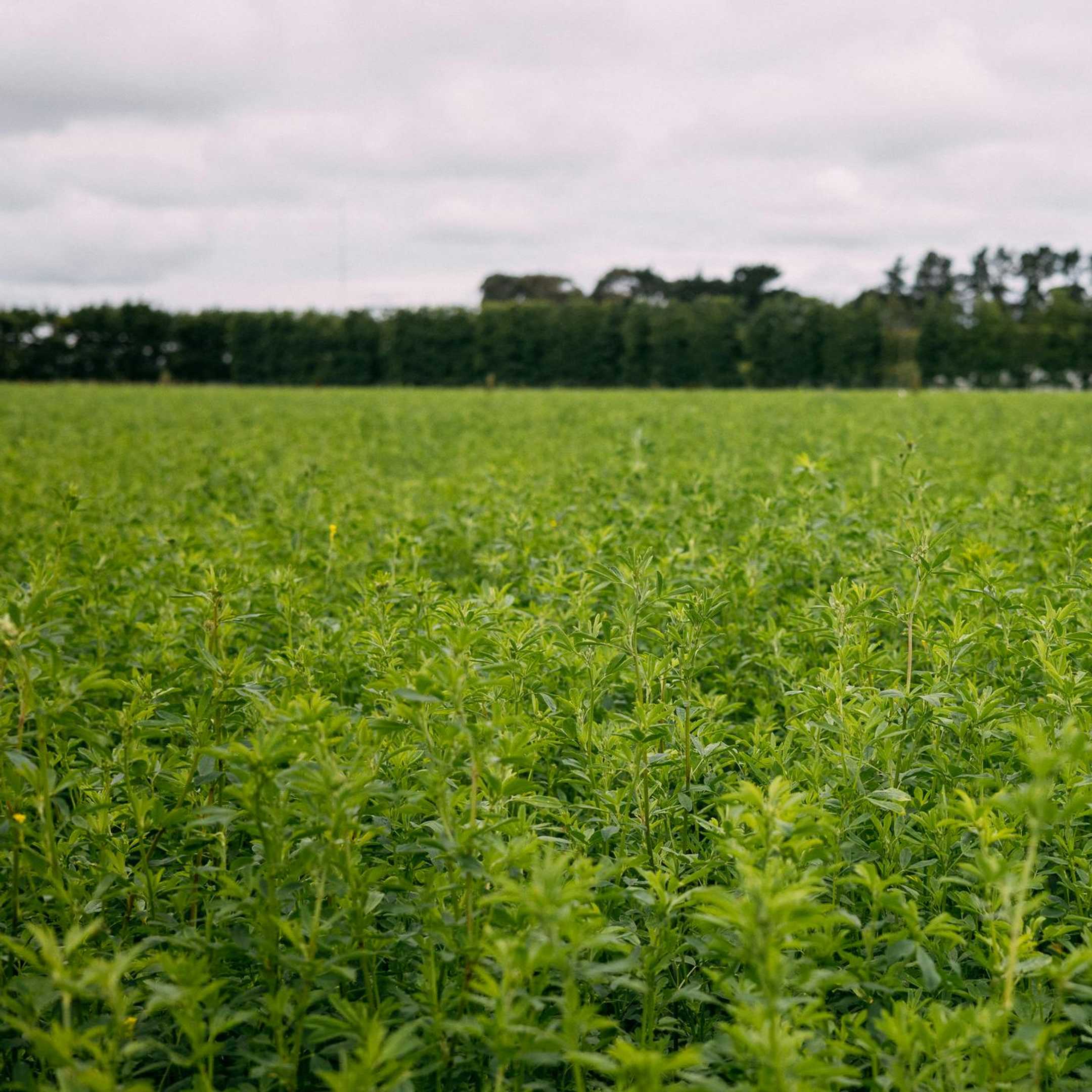Table of Contents
The Great Debate: Animal Protein vs Plant Protein
There’s no doubt that meat-free diets have surged in popularity in recent years. Where vegetarian, vegan and other diets were often seen as inconvenient or irregular in the past, they’re now more mainstream than ever.
A study by Pew Research Center found 9% of all US adults said they were strictly vegan or vegetarian. This increased to 12% for adults 50 years old.
Throw in meat eaters who actively seek out meat-free meals and there’s a very clear movement towards people eating more and more plant-based proteins.
One of the questions that’s often asked is how people can sustain themselves without meat. There’s a school of thought that plant proteins aren’t as ‘good’ as meat proteins at fuelling the body.
The age-old debate of animal protein vs plant protein still persists. As people’s diets change, the important thing is to understand the differences and benefits of plant protein compared to animal protein.
Understanding Animal Protein
For as long as humans have been on earth, people have eaten animal products.
Animal protein is sourced through any animal product; meat, fish, eggs, dairy products such as milk, cheese and cream - anything that directly comes from animals.
There are many reasons why people might avoid animal-based protein sources. Common issues are concern for the environment, animal welfare or questions over the health risks of animal protein.
Whatever they are, there’s no denying that consuming animal protein is an effective way to fuel the body. The protein content of animal products is typically high, and they’re also often good sources of vitamins, iron and essential amino acids.
It’s important to recognise that there can be a big difference in the nutritional value of different animal products. Processed foods in particular, such as sausages or chicken nuggets, tend to have much higher levels of unhealthy fats and aren’t as good for overall health.
Having been consumed by people for so long, some people have questions over how much humans have evolved to rely on animal products as a food source. The perception that we need animal protein for nutrition is often cited in the animal protein vs plant protein debate.
The Rise of Plant Protein
In the same way animal protein comes from animals, plant protein comes from…plants. One small difference is that not every plant product is considered a plant protein, because the protein content in many of them is insubstantial.
When we talk about plant-based protein sources, we’re usually talking about ones with the most protein in them. Many legumes, grains, nuts and seeds are packed with high quality protein, and they’re the ones most commonly used by people on meat-free diets to increase this aspect of their nutrition.
Foods with all nine essential amino acids are considered complete protein sources, because they have enough of the most critical elements we need from our food. Most animal-based protein sources are complete protein sources, and while many plant foods aren’t, there are still more than enough that are.
Quinoa, buckwheat, spirulina, soybeans, nutritional yeast and chia seeds are among the best known plant-based protein sources to be considered complete proteins. Another more recent arrival on the scene is rubisco protein, which is the protein found in any green leaf that’s responsible for photosynthesis.
Plainly, these many different foods all have their own nutritional benefits. But the most efficient plant proteins have been shown to have a similar makeup to animal proteins. For example, one of the biggest rubisco protein benefits is that it’s a complete protein with an amino acid profile similar to beef.
Benefits of Plant Protein
The idea that humans need animal protein to sustain ourselves has long been disproven. Not only can people get all the protein they need from plant-based sources, but there are a range of other benefits of plant protein.
One of the main reasons people prefer plant proteins to animal sources is because they can be grown, harvested and produced more sustainably. Plants grow naturally, and tend to have much less impact on land and soil than traditional animal farming.
Plants have a much smaller carbon footprint compared to animals. Sequestering and nitrogen fixing plants are also able to regenerate the soil and improve their natural environment, making for a net improvement on their surrounding ecosystem. This is in stark contrast to the environmental concerns posed by livestock farming methods.
The health benefits of plant protein can be significant. Eating plant-based proteins often reduces the risk of chronic diseases. It helps with inflammation and lowers cholesterol levels, all of which helps with weight management and overall health.
Plant foods typically have much less fat content than meat and animal products, and are have a naturally higher fiber content. This helps to improve digestion and gut health.
This shows the all-around benefits of plant protein. Not only can plant proteins sustain people in much the same way animal proteins can (if not better), but they enable complete nutrition without the same negative impact on the environment.
Plant Protein for Athletes and Fitness Enthusiasts
In the conversation about protein, one of the areas of interest is in a fitness environment where eating a high protein diet is even more important. How does plant protein for athletes compare to typical protein sources?
The answer is, much the same. In the same way plant protein can sustain a person with an average lifestyle, plant protein for athletes is just as effective at satisfying their health and performance needs compared to animal based proteins. Many high-profile athletes have adopted a vegan diet.
And, similar to what’s mentioned above, it can do it without associated disadvantages to the environment.
The fitness benefits of plant protein include helping to build muscle, gain (or lose) weight, perform better or recover faster. Some of the best quality plant proteins for performance, such as pulses, soy beans, quinoa, nuts, seeds and rubisco are all sufficient for athletes with high nutritional requirements.
One of the secrets to plant protein performance is its digestibility. For example, rubisco protein is highly digestible, which means all of its nutritional goodness can easily be absorbed by the body when it’s consumed.
Using rubisco protein for workouts is excellent in delivering high quality protein efficiently, either before or after exercise.
This contrasts with animal-based whey protein powder, which is notoriously harsh on the gut, creating a bloated feeling for a long time after it’s been consumed. One reason for this could be due to an intolerance to the milk protein or other nutrients in the whey.
In this scenario, the protein content of any food type doesn’t tell the full story. A highly digestible food that contains 50% protein may actually offer the body more than something with higher protein content but that’s harder to digest. This is how plant proteins can end up delivering higher amounts of protein compared to animal products.
Incorporating Plant Protein into Everyday Diet
So how do you actually go about eating more plant protein? Incorporating plant protein into your diet doesn’t mean you can’t eat meat or animal products. It’s just another way of fuelling your body.
The British Heart Foundation lists some of the best ways to get protein into your diet without eating meat. For many people, simply replacing the food they currently eat with a more protein-rich plant-based alternative works really well. Or, just add one or two high protein plant-based ingredients to things you already cook.
For example, you can replace white rice with quinoa or buckwheat. In stir frys or stews, tofu is an excellent substitute for meat. They also go really well with high protein beans such as lentils, white beans, chickpeas or split peas.
Often, a simple internet search for plant protein recipes helps to find a range of appealing options. Many plant-based meal ideas are extremely similar to meat-based meals, so you don’t have to give up a lot, if anything.
Cereals and grains are excellent breakfast foods that can fuel the start of your day. Non-dairy milk options are becoming more and more popular alternatives to regular milk, with soy and almond milk particularly high in protein.
Snacking on fruit, nuts and seeds helps to fuel the body throughout the day if you need a little bit more. And, for those looking to maintain high protein diets, plant-based protein powders such as rice, pea, soy and rubisco powder can provide all the extra nutrition you need, including around your workouts.
When making a switch to plant proteins, it’s important to consider variety in your diet. A varied diet is a great way to ensure you’re getting a range of different vitamins and minerals, and it means things don’t get boring.
Conclusion
Plant proteins are more available today than ever before. We know more about the benefits of plant protein, and how to fuel our bodies without eating meat. It’s never been easier to start relying on plant based protein more.
Again, this doesn’t mean avoiding meat or animal products entirely. Eating plant proteins is often about being more conscious of the effect of your diet, both on yourself and on the environment.
In terms of the animal protein vs plant protein debate, the argument is largely settled. Not only are plant proteins well able to fuel the body, but they can do it more sustainably, for great health benefits.
One of the best things you can do when looking to eat more plant proteins is to do your research. Understand what the most nutritional plant proteins are to supplement your diet, and the best ways to eat them.
Rubisco plant protein is a relatively new plant protein with huge potential for nutritional and environmental sustainability. Find out more about the raft of benefits of rubisco plant protein and how it’s been unlocked by Leaft Foods today.



